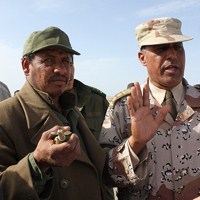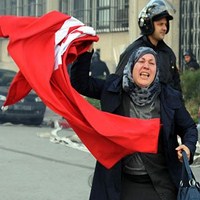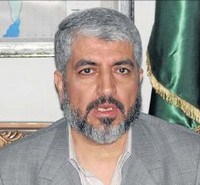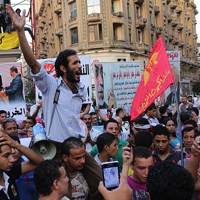
The community of national security experts is consumed with debate on the appropriate size and configuration of the American military. Seldom does a week pass without some new report, commission or conference offering solemn advice on this complex issue. Policy journals and op-ed pages are awash with articles on it. Such vigorous discussion is a good thing, but it may be focused on the wrong issue—ultimately the size of the armed forces matters less than what they are asked to do. There are analysts, though, who are grappling with the type of conflicts the U.S. military may be ordered to […]















